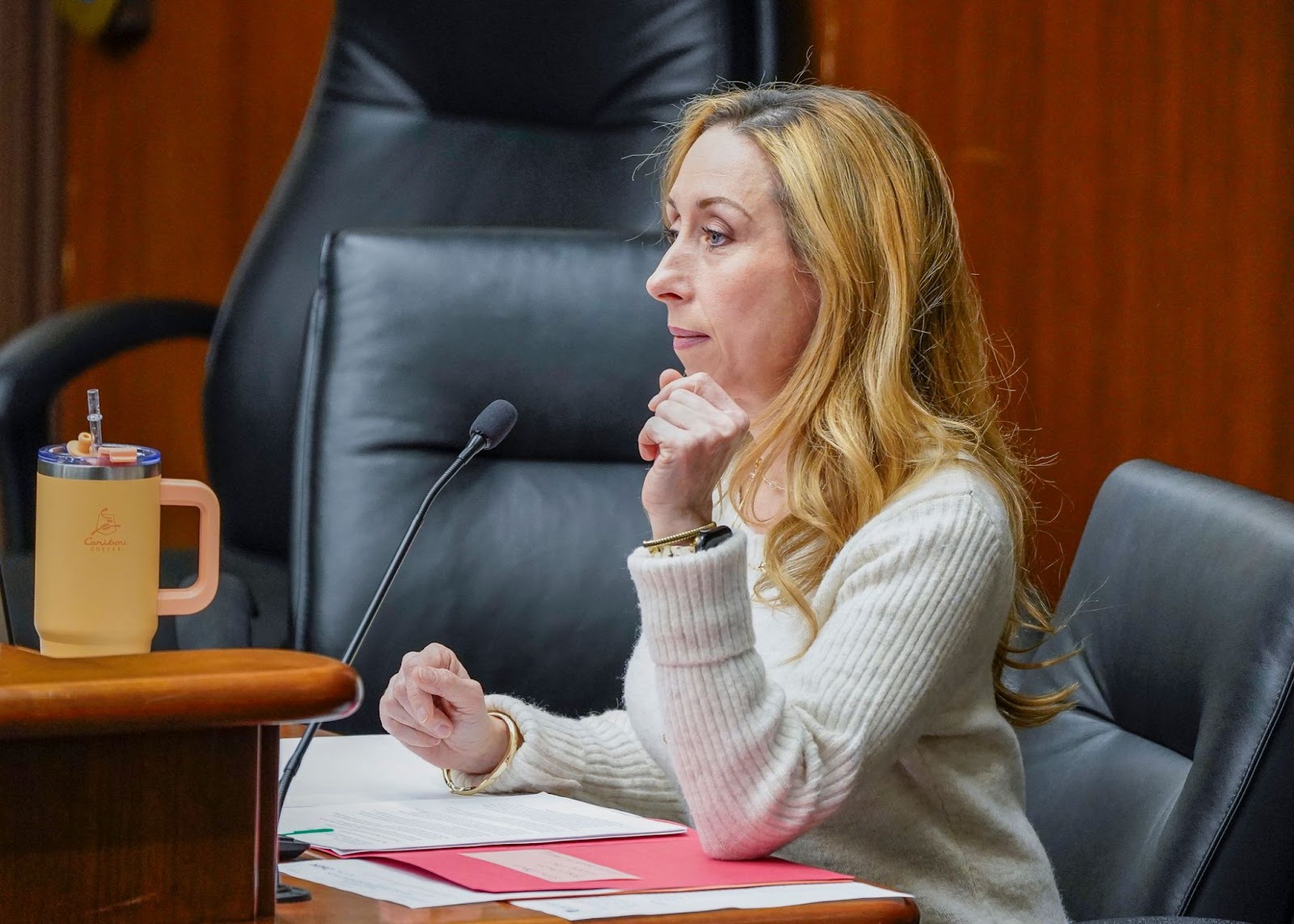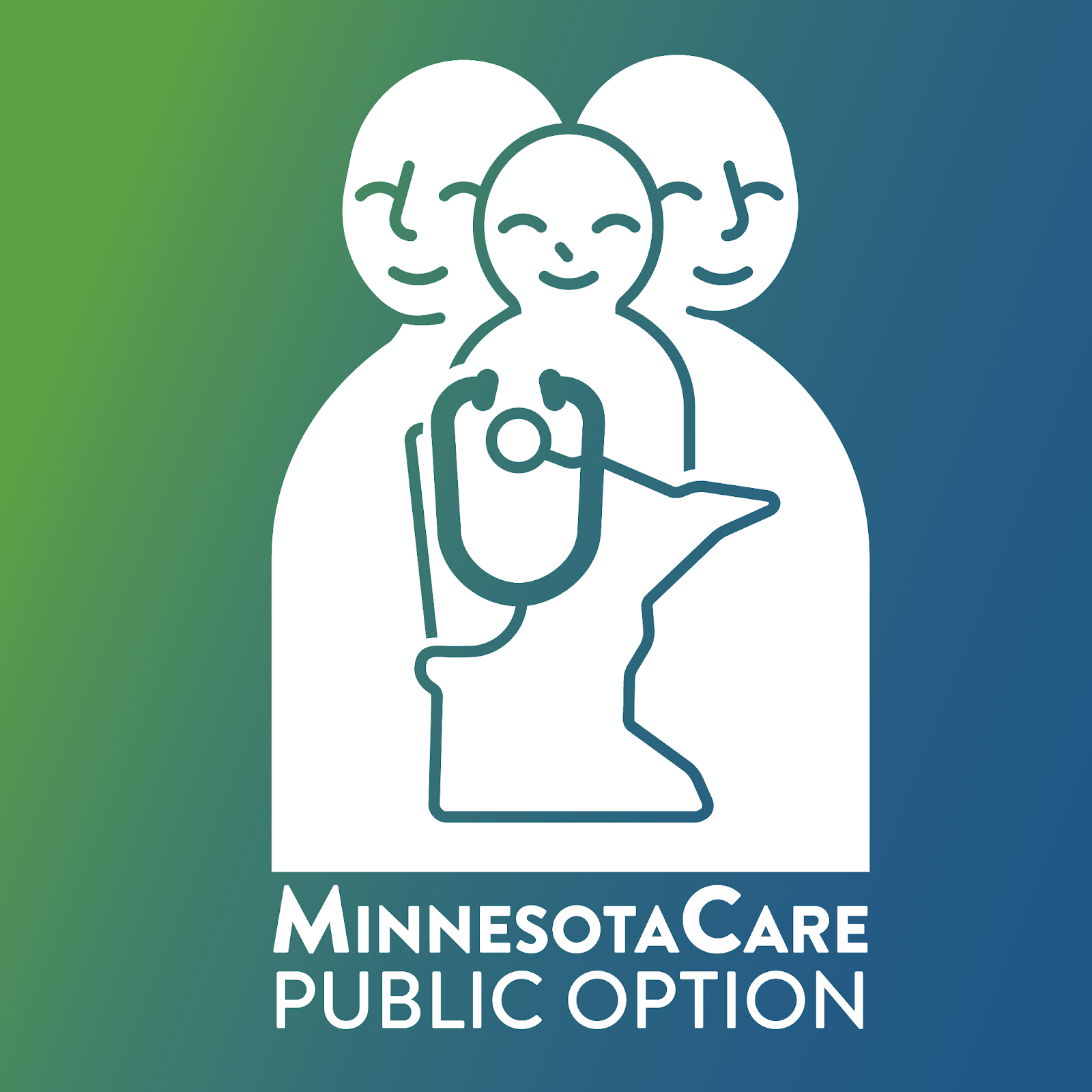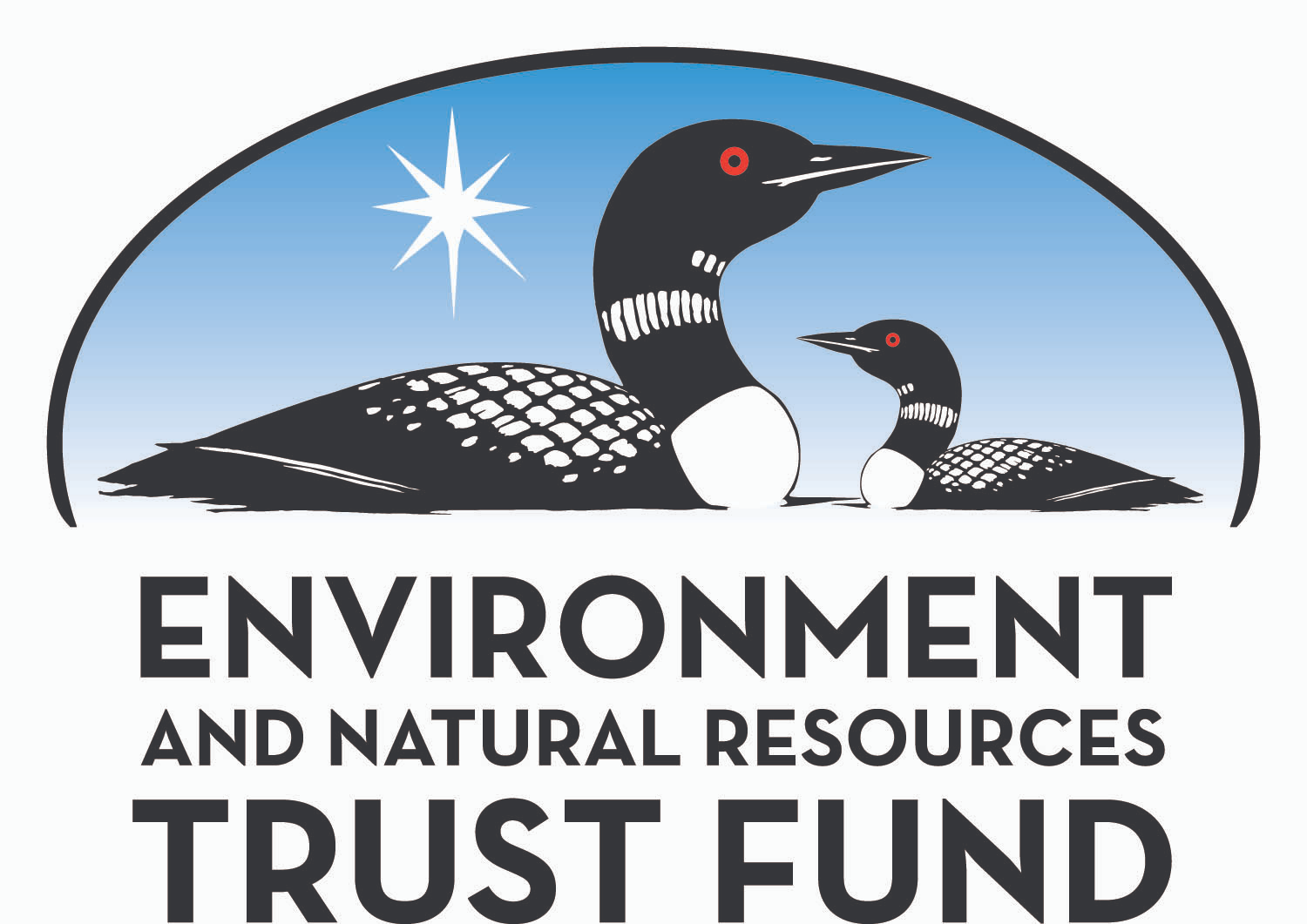Dear neighbors,
I hope everyone is staying safe and making the most of our spring snow. Here’s a look at what we’ve been working on in St. Paul this week:
Legislation Addressing Straw Purchases of Firearms
This week, I presented legislation to the House Public Safety Committee that would make straw purchases of firearms a felony, strengthen the statutory definition of trigger activators, and require reporting on gun trafficking and firearm seizures. Our community is still reeling from the unthinkable and tragic shooting last month. This legislation is an effort to prevent future tragedies like this from happening, and help stop gun violence in our communities and protect our first responders.
Currently, straw purchases of firearms are a gross misdemeanor under state law. This legislation, incorporated under an amendment to HF 2609 the committee adopted, would update state law to more closely match federal law, under which straw purchasing firearms is already a felony.
Additionally, the bill clarifies the definition of illegal “trigger activators” under state law to prohibit so-called binary trigger devices that allow a semiautomatic gun to fire more than one shot with a single pull and release of a trigger. According to the federal indictment, one of the firearms used in the February Burnsville shooting was equipped with such a device. The legislation also requires the Minnesota Department of Public Safety to issue an annual report to the Legislature on firearms trafficking.
DFLers are committed to taking action to prevent gun violence in our communities, and this legislation is an important step in keeping guns out of the hands of people who want to harm themselves or others.
MSP Health Care Equity Act
This week In the Labor Committee I presented the MSP Health Care Equity Act, which would require an employer to provide an employee who enrolls in an employer-provided health benefits plan the minimum fringe benefits as determined by the Single Case Agreement. Our Minneapolis-St. Paul Airport service workers is a workforce most often powered by immigrant workers. They keep our airports safe, clean, and running on time, and play a critical role in keeping MSP’s elite status as one of the nation’s best airports. DFLers believe an efficient, 21st century air travel system starts with an empowered, well-trained, and stable workforce within our airports. There is an acute problem with health insurance coverage at the airport. A study by the MAC showed that only 30% of airport workers accept employer-provided health insurance, meaning the workers are uninsured at a rate 3x higher than the national average. We must invest in the workers who do the difficult and often-disregarded work. Our workers deserve respect, dignified work, and access to affordable health care.

Expanding Access to Affordable, High-Quality Health Care

All Minnesotans deserve to live healthy lives with economic security, and DFLers at the Capitol are committed to expanding access to affordable, quality health care. Unfortunately, too many Minnesotans currently can’t afford health insurance or have health insurance they can’t afford to use. Working families without employer-based insurance often face outrageous premiums and other out-of-pocket costs. For instance, many plans on the individual market have annual deductibles of $7,000 or higher. This puts Minnesotans in an impossible predicament, which leads to people avoiding care and results in poor health outcomes – sometimes with tragic consequences.
One plan to solve this problem impacting middle-class Minnesotans is the MinnesotaCare Public Option. It would allow all Minnesotans to access comprehensive health insurance coverage – with vision, dental, and more – with low out-of-pocket costs and a large network of quality medical providers. People enrolled in the Public Option would pay their own premiums – with significantly lower prices than what’s available currently on the individual market – determined on a sliding scale based on income.
MinnesotaCare has been a nation-leading, highly successful, and trusted health insurance program serving low-income working Minnesotans for over 30 years. The bill creating a MinnesotaCare Public Option – which would expand affordable health insurance to thousands of more Minnesotans – is advancing through the committee process in the House.
Building a Clean Energy Future
In 2023, lawmakers answered the call from Minnesotans of all generations to take urgent action addressing our climate crisis by enacting a goal of 100% carbon-free electricity by 2040. To achieve this benchmark – one of the most ambitious in the nation – we need wind and solar farms to generate clean energy and transmission lines to carry that energy to the electric grid. There’s a big problem though: too many clean energy projects are stuck in a slow approval process. Today, about 51% of Minnesota’s electricity comes from carbon-free sources, but according to research, to reach our 100% goal, Minnesota must double the current pace at which new solar and wind energy sources are being developed.
That’s why I support the Minnesota Energy Infrastructure Permitting Act. This legislation – which has earned broad support from Minnesota utilities, clean energy advocates, and our partners in labor – will eliminate redundancies, increase transparency, and make Minnesota’s permitting process more efficient and consistent. Given Minnesota’s unpredictable weather, shaving even a couple of months off the permitting process could mean a difference of an entire year when it comes to construction. As addressing climate change becomes increasingly urgent, saving this time is more critical now than ever. Without upgrades to our decades-old energy permitting laws to meet the challenges we face today, our carbon-free ambitions may not become reality. The Minnesota Energy Infrastructure Permitting Act will help us meet this critical moment and remove barriers to the clean energy future all Minnesotans deserve.
Environmental Funding Survey
Did you know that a portion of Minnesota’s lottery proceeds go towards protecting our environment and natural resources through the Environment and Natural Resources Trust Fund? Since 1991, the ENRTF has provided approximately $700 million to over 1,700 projects around the state.

The Legislative-Citizen Commission on Minnesota Resources is now gathering input about the future of Environment and Natural Resources Trust Fund spending and taking feedback about what environmental issues are most important to you. Make your voice heard about how to improve Minnesota's environment & natural resources.
Take the survey here.
Stay In Touch
If you have questions, ideas, or feedback you’d like to share, please don’t hesitate to reach out. Email me at rep.kaela.berg@house.mn.gov or call (651) 296-5387. For more regular updates, you can subscribe to these regular legislative updates if you haven’t already, here, and you can also “like” and follow my official State Representative Facebook page.
Sincerely,
Kaela Berg
State Representative